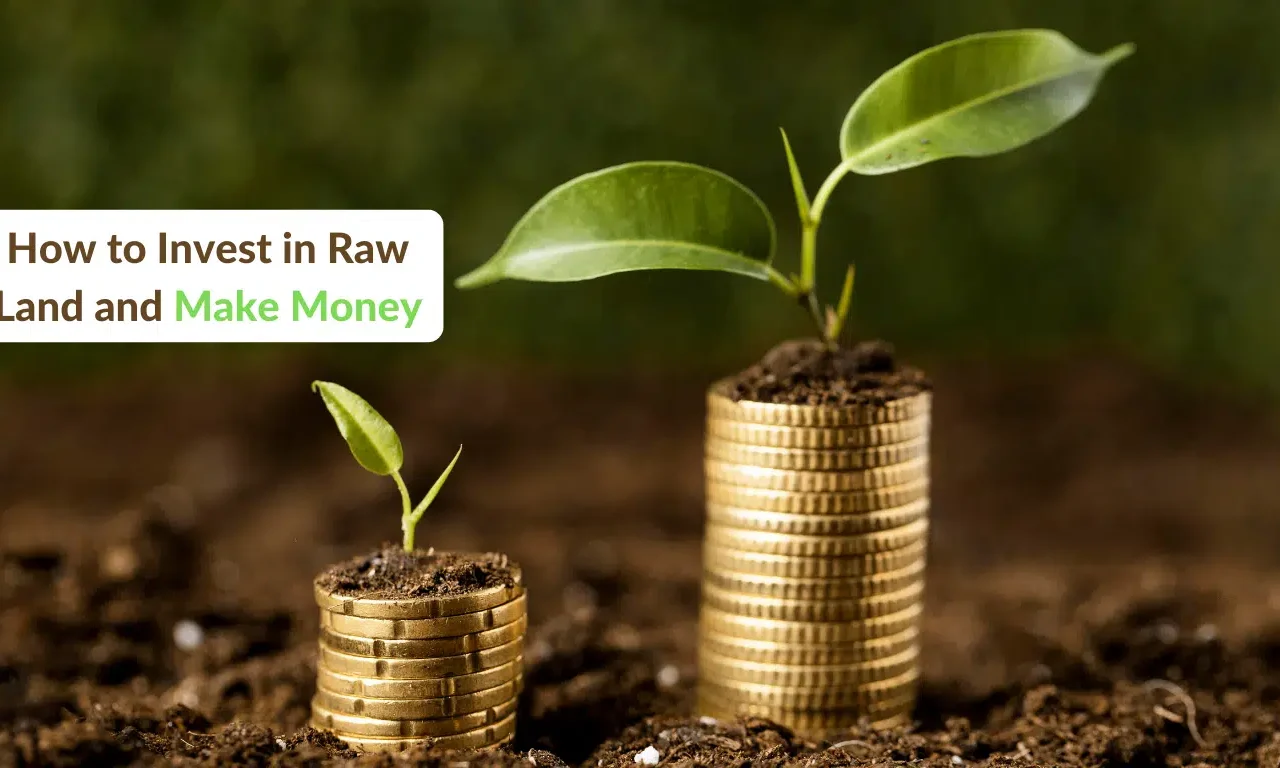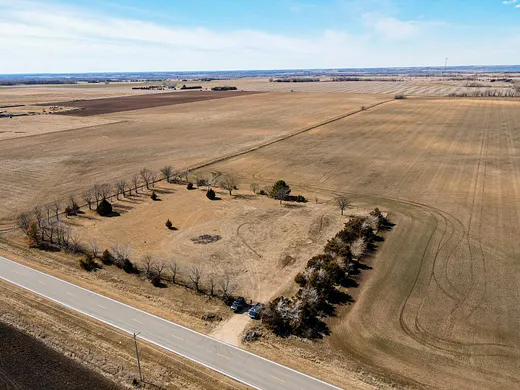
Reading Time: 10 minutes
Investing in land specially raw land is widely recognized as a profitable venture, providing opportunities for generating rental income and benefiting from long-term appreciation. This dual advantage makes land investing an attractive option for building wealth. We are going to give you 15 Easy Ways to Invest in Land and Earn Profits in this blog post.
Understanding the importance of land ownership is crucial, as it not only expands your financial portfolio but also diversifies income streams through passive sources. However, misconceptions and lack of knowledge often deter people from exploring land investments, fearing it might drain their savings.
Contrary to popular belief, investing in land doesn’t have to be financially overwhelming. APXN Property, for instance, offers numerous options for land investments. Success in this field requires dedication, research, and the ability to spot potential risks.
How to Invest in Land and Earn Profits
There are various strategies to make money from land, such as leasing it for agricultural or commercial purposes, or developing it for residential or commercial use. Your approach should align with your goals, location, and zoning regulations. Here are some popular ways to invest in land for lucrative returns:
- Buy and Hold
Buying land and holding onto it can lead to significant value appreciation, similar to homes or stocks. In competitive markets, securing a good deal ensures future returns. Undeveloped land typically has low taxes and can generate passive income through activities like agriculture, recreation, or vehicle storage.
- Rental Income
Leasing land provides steady cash flow through rental income. Location is key to maximizing this strategy, as the right property can attract long-term tenants and ensure property appreciation over time, another way to Invest in Land and Earn Profits is:
- High-Profit Sale
Selling land at a profit requires understanding market trends and securing undervalued properties. Developing good relationships with real estate agents can simplify this process, making it easier to find profitable deals.
- Fix and Flip
Flipping involves buying land at a low price, improving it, and selling it at a profit. This method requires a thorough understanding of renovation costs, time, and market demand but can yield high returns if done correctly.
- Increasing Equity
Holding land as an investment increases equity over time, particularly in high-growth areas. As land value rises, so does your profit margin, making it a great option for those looking to build wealth gradually.
- Billboard Advertising
Leasing your land for billboards can generate consistent income. Locations near highways or busy intersections are ideal, attracting businesses looking for advertising space.
- Timber Harvesting
Leasing land for timber harvesting can be profitable, provided it’s done sustainably. It supports forest development, increases biodiversity, and offers recurring revenue streams.
- Indoor Storage Rentals
Land can be rented for indoor storage facilities, such as warehouses or industrial spaces. Proper planning and location selection are key to maximizing this lucrative market.
- Hosting Events
Leasing your land for rallies, festivals, or other events can be highly profitable. Legal documentation and proper marketing are crucial to ensure success.
- Natural Pet-Sitting Services
Offering your land for pet-sitting services is another way to earn passive income. This service includes pet care, walking, and boarding, catering to pet owners looking for natural, outdoor spaces.
- Lease to Farmers
Leasing land to farmers can provide a stable income while supporting local agriculture. Establish clear agreements to protect both parties’ interests.
- Build and Rent a House
Building a house on your land and renting it out can provide ongoing rental income. Consider factors like location, market rates, and construction costs to optimize your investment.
- Outdoor Activities
Using land for outdoor activities, such as parks, trails, or event spaces, can generate income through ticket sales or rental fees. Ensure you have the necessary permits and insurance.
- Hunting and Fishing Leases
Land can be leased for hunting and fishing, providing a unique way to generate income. Ensure compliance with local laws and regulations.
- Lease to Investors
Leasing land to investors can be a simple way to earn income, particularly for those not interested in actively managing their property. Establish clear agreements to define terms and expectations.
The Bottom Line
Investing in land offers numerous pathways to profitability, but success depends on choosing the right strategy, understanding your market, and managing risks. Real estate is generally a long-term, illiquid investment, requiring patience and expertise. Building strong relationships with other investors and honing negotiation skills are key to maximizing your success in the land investment market.
Frequently Asked Questions about Land Investment
Is investing in land a good investment?
How can I invest in land with little money?
Should I invest in land or a house?
Which type of land is best for investment?
Will land be valuable in the future?
What are the risks of investing in land?
How long should I hold onto land before selling?
Is it better to buy raw land or developed land?
Can I make passive income from land?
How do I find the right land for investment?
What are some hidden costs of land investment?
Can I use land as collateral for a loan?




Leave a Reply